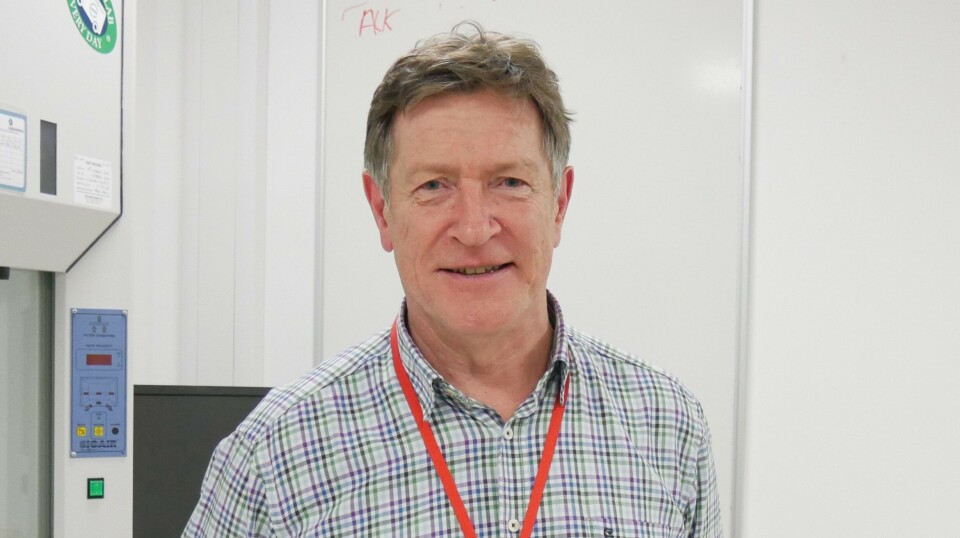
SRS conference tagged on to Gill Health Initiative event
The organisers of the biennial Gill Health Initiative (GHI) conference that will take place at the Atlantic Technological University in Galway, Ireland, on April 23 and 24 have arranged for an event examining salmon rickettsial septicaemia (SRS, or piscirickettsiosis) to be held at the same venue the following day, April 25.
“SRS increases as a health concern for salmon farming in Europe and elsewhere and there is a need for an international gathering to learn from others, identify national and international industry priorities, and find routes and partners to address and mitigate the impact from this infectious health challenge,” the GHI stated.
“This forum has the goal to meet these challenges, and we invite all stakeholders to present, contribute, highlight and discuss the topic in Galway, Ireland.
“The meeting will be comprised with input from international keynote speakers, industry updates from different regions, scientific summary presentations and panel discussions. We warmly invite you to get involved and help make a difference.”
Those wishing to present at the meeting are asked to send short abstracts (maximum 150 words) for oral presentations of 15 minutes to hamish.rodger@patogen.no.
First seen in Chile
SRS was first described in farmed coho salmon in Chile in the late 1980s, and the country has historically had more problems with SRS than those in the northern hemisphere, partly because the strain of the disease in Chile is more virulent.
Ireland has a bigger problem with SRS than Scotland, and more than 90% of antibiotics used on salmon farms in Ireland last year were to treat SRS. Nonetheless, the bacterial disease is believed to be moving north and there have been some outbreaks at Scottish farms.
Mortality and severity of the disease in Ireland has typically been low but has increased in the last few years.
The bacterium that causes SRS, Piscirickettsia salmonis, can survive outside of the host, for example in biofilms, and can infect other fish such as sea bass, lumpfish, or other salmonid species.
Clinical signs can be difficult to detect, and mortalities can occur without any external signs.
Salmon heavyweight Mowi is trialling an autogenous vaccine against the disease in Ireland.






















































